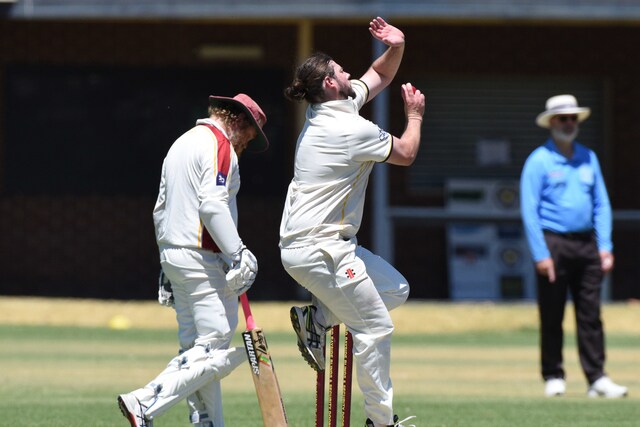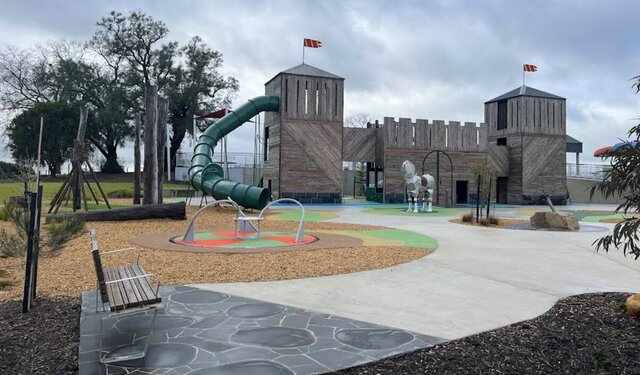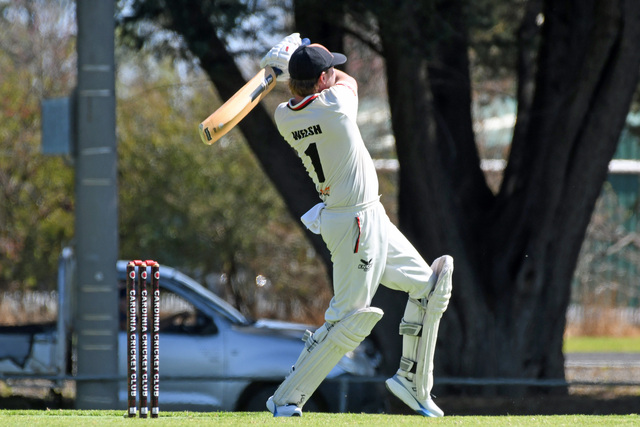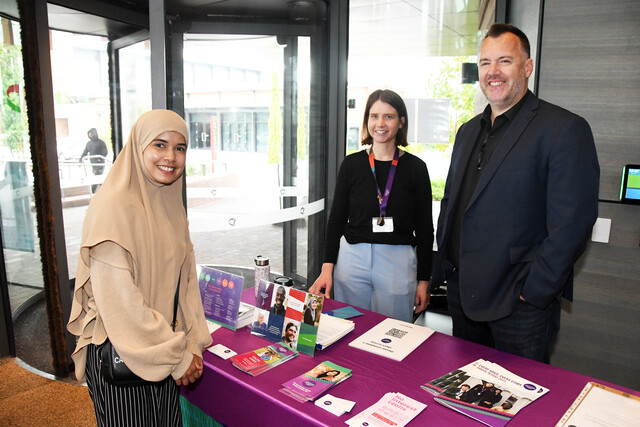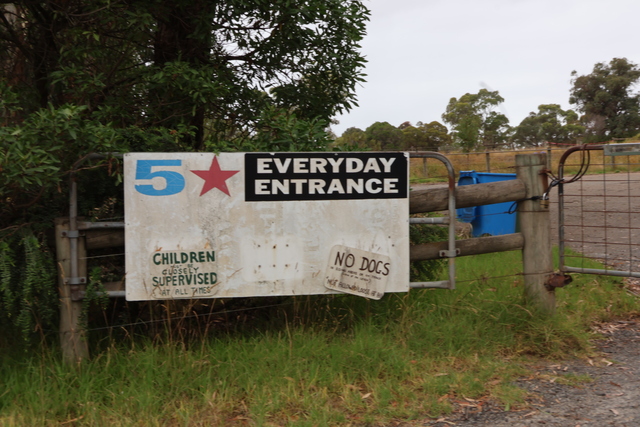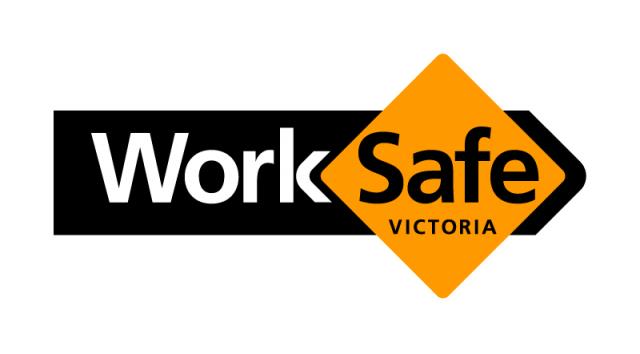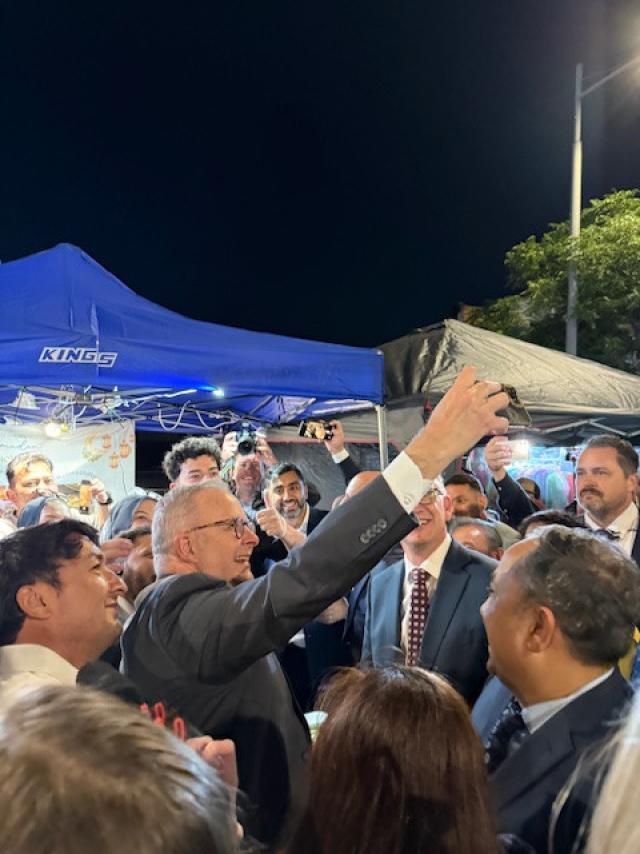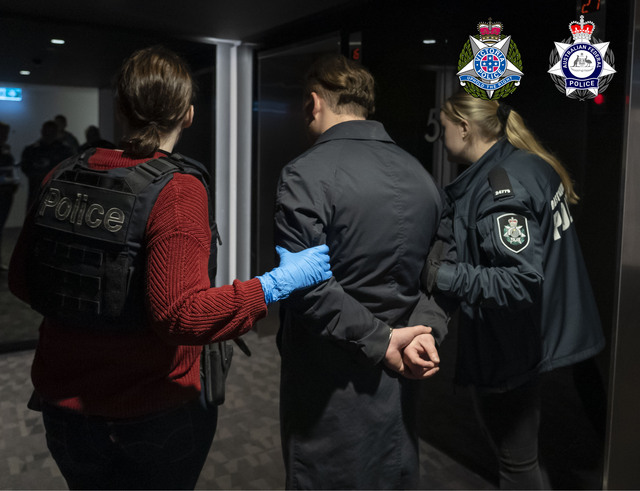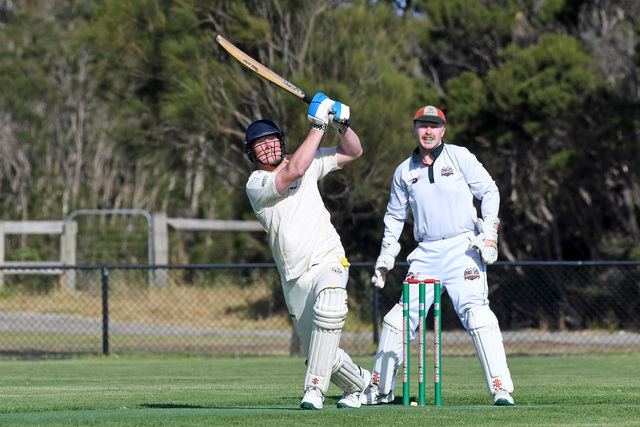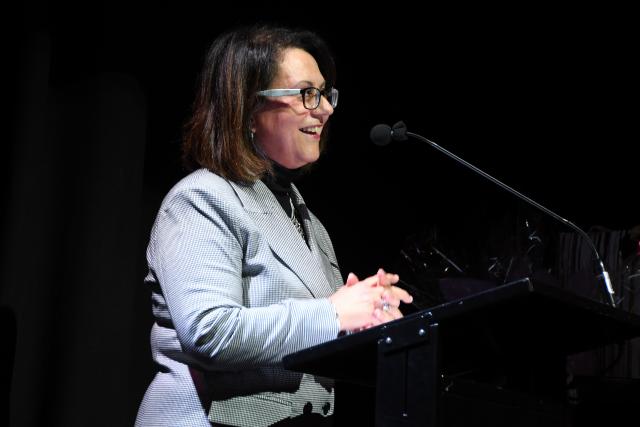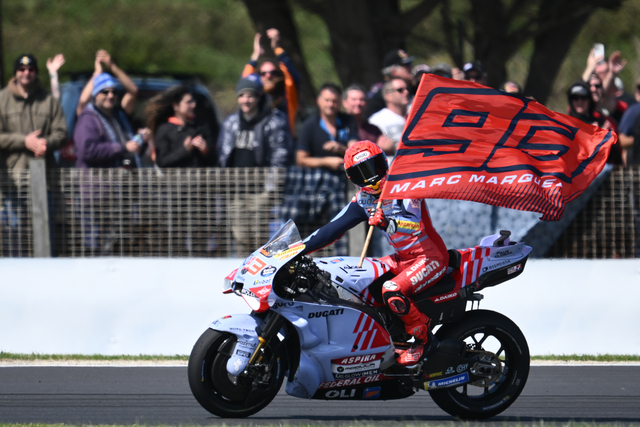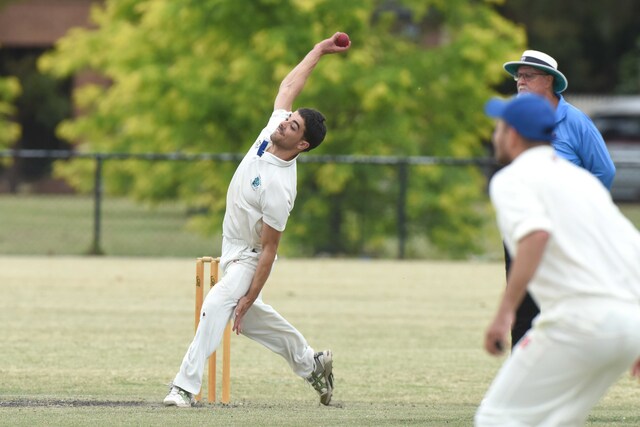More than 150 people took a deep dive into personal accounts of tackling addiction and struggles with mental health on the night of Friday 31 May, as the Youth You Program held their latest event at Bunjil Place.
The seminar, which ran from 6.30pm to until just after 9pm, broke down tools that those battling addiction and struggling with mental health could use but also had a strong emphasis on what comes after that fight and the next steps in one’s personal journey.
Glenn Munso, the founder with lived experience of addiction and his own mental health struggles, delivered the first talk of the night, where he said he “started the program because I’d seen so many people through the [other] programs looking and feeling broken”.
“They’d lost hope, they forgot who they were as a person and they kind of just disintegrated and drifted away,” he said.
The Youth You Program is a holistic, 10-month endeavour that aims to help, support and guide young adults from ages 18 to 35 to overcome and recover from addiction.
It incorporates lessons learned from the lived experiences of coaches such as Glenn himself, as well as counselling, private support groups, mindset and life coaching and more.
“If you truly want help, and you truly want to get where you want to be, I’ve got your back,” Glenn said.
“Over the years, people would say, you don’t look that bad, or it would always be about the qualifications – you don’t do this or you don’t do that; we’re starting to recognise mental health seriously now and addiction needs to match up.
“When you remove the addiction, it’s always mental health, we need to look at, like why is that individual masked? What are they running from? What are they hiding?” he said.
Utilising a non-clinical approach is key, as well as using evidence-based techniques that ensure that the mentioned lived experiences from the coaches are relayed to the group in a position of understanding and acceptance.
Vaughn Williams, fellow Youth You coach delivered a strong speech on his journey, and how environment and labels played an important role in his recovery and current position in life.
“I don’t introduce myself as a drug addict or an ex-drug addict, I reckon that’s b******t.
“I introduce myself as Vaughn Williams because what is the benefit of me introducing myself as an ex-drug addict or a drug addict? That’s not who I am, that’s not defined who I am.
“It’s important not to put a label on yourself, because if you’re battling and you’re struggling, [and] people with mental health issues or any addiction issues at all are what you call normal people.
“Drug addicts aren’t just junkies, people are struggling and people have a hard time,” he said.
Vaughn used Bruce K. Alexander’s rat park experiment as his prime example towards the importance of the environment when it comes to one’s behaviour and the path down to addiction.
“My whole thing of this is, that your environment and community are very important, if you improve your environment and you improve your community and the people around you and get proper connections in your life, that’s how you overcome addiction,” Vaughn said.
Bruce K. Alexander’s experiment challenged the suspicion that drugs themselves were the cause of addiction.
Done through two groups of rats, one in a large, comfortable open space with ample stimuli – the rat park – and the other in an enclosed and standard laboratory cage, they were both presented with options of sweetened morphine-laced water and plain water.
The experiment implicated that environment plays a vital role in addiction, where the rats in the rat park with social connections and comfortable space opted for plain water, while the rats in the cages consumed more of the drug-laced water.
“Are you going to trap yourself in a cage, or are you going to put yourself in that park?” Vaughn said.
Courtney Rigaldi, a member of the Youth You Program, spoke about her spiral into drugs due to loss, the lifestyle that surrounded it and how she eventually broke out of the cycle through a support system.
“I needed to have a support system, which you need to have people in your corner that want you to do better and be better.
“You have to forgive yourself, your past just doesn’t define your future and you have to prioritise yourself, set your boundaries and put your own oxygen mask on first,” Courtney said.
Losing her step-father to pancreatic cancer at a young age took a toll on her mental health, which also put a strain on her relationship with her mother.
This led to Courtney moving out at 17 to stay with her partner at that time, then settling with her biological father, where living with him she “had all the freedom in the world”.
“I could do whatever I wanted when I wanted, didn’t ask any questions, I was going out a lot, drinking a lot, and then started using drugs,” she said.
Courtney described herself as a “high-functioning” addict, with a full-time position at a company that she had been at for roughly 10 years, she felt that her addiction wasn’t impacting her responsibilities.
The death of a close friend had pushed her further down that spiral, of drugs and mental health struggles, where it was “the hardest thing I’ve ever had to deal with”.
“I just isolated myself, I spiralled, I was depressed”.
While Courtney realised that she had the program, as well as a circle that supported her every step of the way in her journey towards recovery, it’s the personal decision to take that initial step to ask for help and that “what you put in is what you get out”.
“Stop waiting until you’re 100 per cent ready because the truth is you never will be, so take the leap, trust the process and make the change, don’t let the fear stand in the way of a new chapter,” she said.
Before starting the Youth You Program, Glenn was put into an 18-month intensive corrections order and was given an 85 per cent chance of reoffending; however, he broke that shell and the one thing he urged for those who struggled is to “not let the labels stop you”.
“My blueprint or my guide to helping people that are stuck [is to] find a community that pushes you.
“Find people that are going to push you to the best version of yourself, a community with the standards that match up with where you want to be,” he said.
For Vaughn, it was about “going back to basics”.
“What brings you joy? What did you love as a kid? What things interest you? Take a step back and write those things down, figure out what you are interested in.
“I went away from all the things I loved and all the things I enjoyed in my life because I put substance first.
“Comparison is the thief of joy, every single person in this room, your story is your story, and nobody can take it away,” he said.
Each speaker spent time delving into their personal accounts with the audience, detailing their struggles and how they eventually brought themselves back to a place where they are content and satisfied with who they have become.
Vaughn Williams is also currently a director for the Victorian Brothers and the vice-president of the Peninsula Dolphins Rugby League Club.
Glenn Munso is a two-time Amazon bestselling author for Drugs Do Not Discriminate and I Quit Drugs – Now What? with the Youth You Program as the core of his work towards providing a safe space to speak on addiction and mental health.
For more information on the Youth You Program, visit youthyouprogram.com




